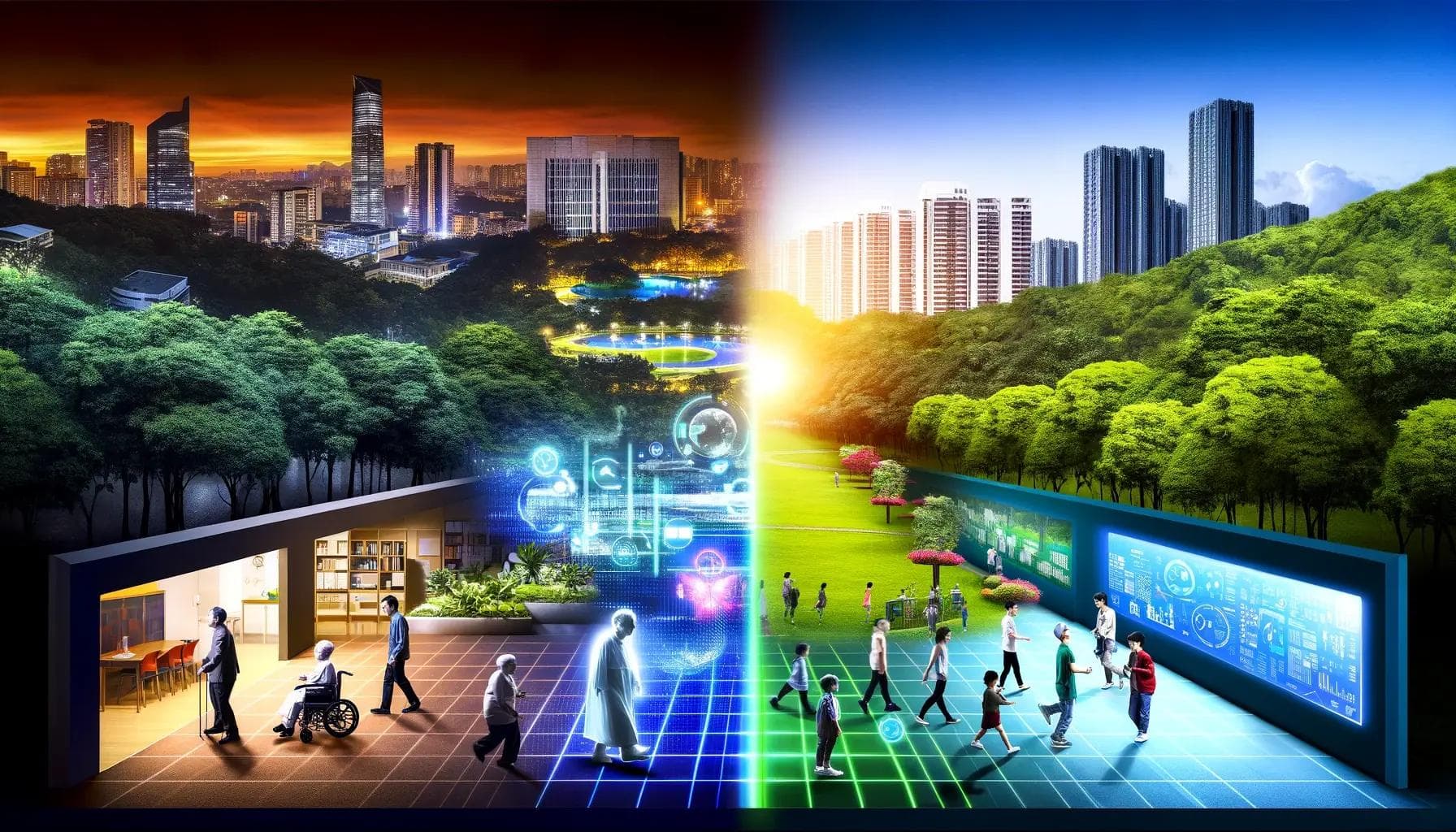As I sit back and ponder the vast expanse of the universe, a thought strikes me — we are at an unprecedented juncture in human history. A juncture where technology, particularly Artificial Intelligence (AI), is set to redefine the very fabric of space exploration. It’s a dance of algorithms and stars, and what a mesmerizing dance it is!
The Dawn of AI in Space
The journey of space exploration, from the maiden voyage of Yuri Gagarin to the ambitious plans of colonizing Mars, has been a testament to human spirit and ingenuity. But as we venture deeper into the cosmos, the challenges multiply. The vast distances, the hostile environments, the sheer unpredictability of space — all these factors necessitate a partner that can complement human capabilities. Enter AI.
Imagine the vastness of space — it’s not just about physical exploration anymore. The amount of data we receive from our satellites, telescopes, and space probes is colossal. Human brains, as brilliant as they are, have limitations in processing this data avalanche. But AI, with its machine learning algorithms, can sift through this data, identify patterns, anomalies, and provide insights that would have otherwise been missed.
AI: The Silent Navigator
Take, for instance, the recent Mars missions. These rovers, millions of miles away from Earth, are semi-autonomous. They make decisions on the Martian terrain, decide which path to take, which rock to analyse, and when to rest. All these decisions are powered by AI. The rovers ‘learn’ from their environment, adapt, and ensure the mission’s objectives are met.
But it’s not just about rovers or data processing. AI plays a crucial role in satellite formations, optimizing rocket launches, and even in predicting equipment failures. It’s like the silent crew member aboard every space mission, ensuring everything goes as planned.
The Challenges and the Promise
However, like every frontier, the integration of AI in space exploration comes with its set of challenges. The foremost being the ethical considerations. As we delegate more responsibilities to AI, the line between machine-made and human-made decisions starts to blur. Who’s accountable if an AI-powered probe makes a wrong decision? How much autonomy should we grant these systems?
While these questions are valid, the promise AI holds is undeniable. As we set our sights on interstellar travel, human-led missions face numerous challenges — from the psychological effects of prolonged space travel to the physical implications of cosmic radiation. AI-driven robots can be our vanguards in such missions, conducting preliminary explorations, setting up habitats, and ensuring that when humans arrive, the environment is conducive.
AI and the Commercial Space Race
The commercialization of space is another arena where AI is set to play a pivotal role. Companies are looking at space tourism, asteroid mining, and even setting up commercial habitats in space. All these ventures require meticulous planning, precision, and real-time decision-making — areas where AI excels.
Imagine a space hotel orbiting Earth. Such a venture would require continuous monitoring, predictive maintenance, and real-time adjustments to ensure the safety and comfort of its guests. AI, with its predictive algorithms, can ensure that the hotel’s systems run smoothly, making real-time adjustments based on external factors like space weather, debris, and orbital changes.
As I often say, we are just scratching the surface of what’s possible when we marry AI and space exploration. The next few decades will witness ground-breaking innovations, discoveries, and perhaps, a new chapter in human civilization. A chapter where we, hand in hand with our AI counterparts, venture into the unknown, driven by curiosity and powered by algorithms.
The universe, as Carl Sagan aptly put, is waiting for us to know it. And with AI by our side, that journey of knowing and exploring becomes not just feasible but also exhilarating.



